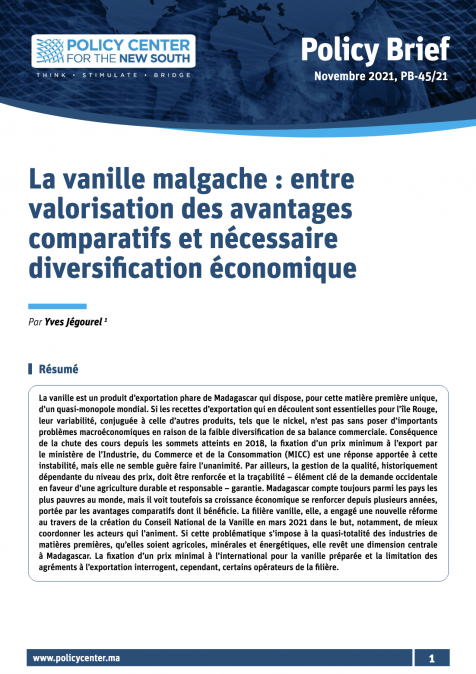في إطار برنامجه الأسبوعي "حديث الثلاثاء"، يخصص مركز السياسات من أجل الجنوب الجديد حلقته لهذا الاسبوع لمناقشة فرص وتحديات الذكاء الاصطناعي برفقة مريم الخشافي، دكتوره في الرياضيات التطبيقية وباحثة في علم البيانات بمركز السياسات من أجل الجنوب الجديد. إن الذكاء الاصطناعي قد يوفر إمكانيات هائلة ويفتح آفاقا واسعة للتطور والازدهار. لكن ذلك يحتاج لاستثمارات كبيرة وإطار قانوني، وقبل كل شيء يحتاج للنظر بإيجابية للتكنولوجيا الذكية واستخداماتها. فكيف يمكن أن نتصور الذكاء الاصطناعي في الحياة اليومية؟ ما هي التحديات التي يواجهها الذكاء الاصطناعي في المغرب/إفريقيا اليوم؟ هل وتيرة التكوين والتعليم حاليا لمهن المستقبل تتماشى مع السرعة التي يمشي بها تطور استعمالات الذكاء الاصطناعي؟ هل سيؤدي الذكاء الاصطناعي إلى الاستغناء عن عدد كبير من العاملين وتحويلهم إلى عاطلين عن العمل، كما تقول بعض التوقعات؟ وكيف يمكن ربط الذكاء الاصطناعي بأهداف التنمية المستدامة كرافعة لها؟ المسيّرة : إيمان لهريش، مسؤولة عن البرامج بمركز السياسات من أجل الجنوب الجديد المتدخلة : مريم الخشافي، دكتوره في الرياضيات التطبيقية وباحثة في علم البيانات بمركز السياسات من أجل الجنوب الجديد









